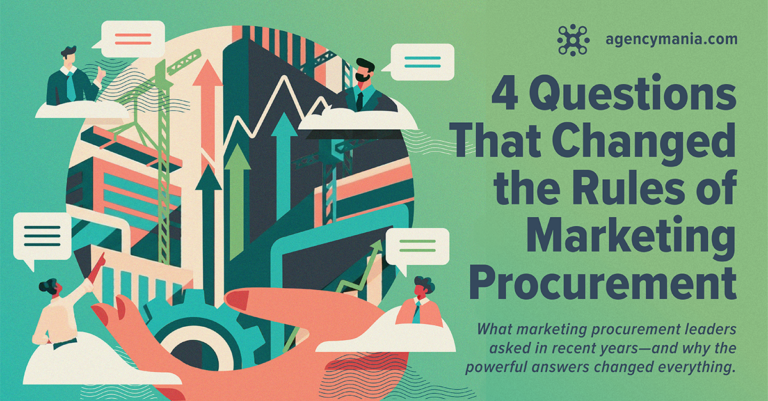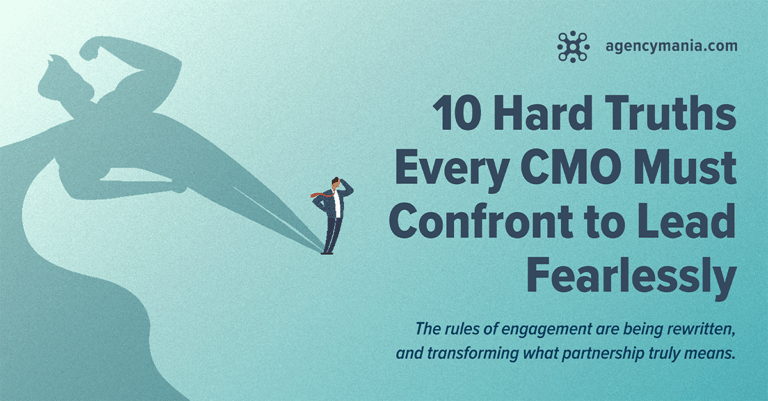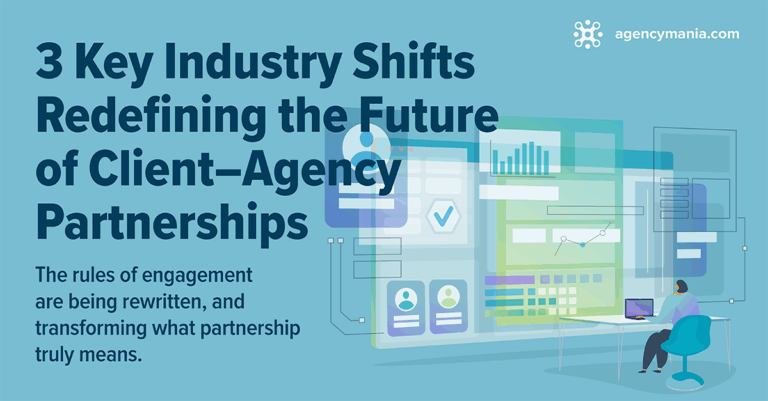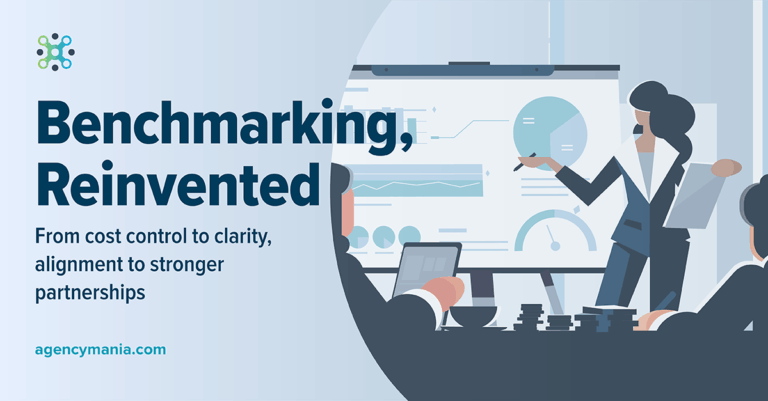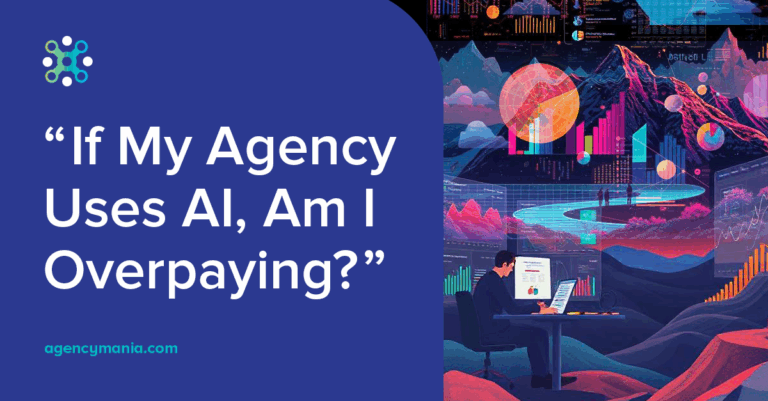Download a print-friendly version here
Le Divorce
I’ve been told all my life that everything sounds sexier in
French, from ordering wine from the Bordeaux region at
the dinner table to whispering “c’est la vie” after missing a
connecting flight. Almost everything I might add.
There are some words that, no matter the pronunciation, still
appear quite sterile to us. The 2003 movie “Le Divorce,” based
on the 1997 best-selling novel by Diane Johnson, introduces us
to two American sisters who experience firsthand the intimate
intrigue of the city of light (Paris), the irresistible clash of
American and French culture, and the endless complications of
human passions, marriages and affairs.
This half-drama, half-comedy is only a distant cousin to the
countless agency reviews we’ve seen in recent months,
leading to incumbent agencies losing all or the lion’s share of
the business they served for many years. Many of these client/
agency relationships were decade-long partnerships (Land
Rover and Young & Rubicam, United States Navy and Lowe
Campbell Ewald, General Mills and Zenith, Mercedes-Benz
and PhD, KFC and Interpublic’s FCB, JC Penney and OMD, etc.)
that went into review or simply ended abruptly. In the last six
months, we accounted for over 150 roster agency changes in
the United States alone, across all categories of services (but
mainly creative, media and digital) and among the largest,
most respected brand companies.
Don’t get this wrong. Losing and winning accounts is not a
foreign concept to Madison Avenue, which built an industry
on sometimes fragile client grounds. Over the years, the
best agencies, networks and holding companies have built
robust practices that allow them to keep the most desirable
relationships close to the chest while pursuing new ones to
grow their business steadily and organically. Not unlike in the
unforgiving stock market, you need losing and winning stocks
for the entire ecosystem to balance itself out.
Should we expect to see relationships between large brands and their creative and media agency partners continue to decline? Should we accept this “fait accompli” as the new norm, with more frequent reviews, and therefore more divorces, than ever before? Should we expect fewer incumbent agencies invited to defend their account? What unforeseen consequences should such behavior create on our industry and its most valuable contributors?
“The person who is slowest in making a promise is most
faithful in its performance” – Jean-Jacques Rousseau,
French Philosopher, Writer and Composer (1712-1778).
Advertisers have learned, often times the painful way, that
changing relationships, even for a “coup de foudre” with
a new agency, can be hugely disruptive to the business.It is quite often slower and harder than was previously anticipated, and does not always yield the type of change that originally motivated the organization to take action. Like any relationship, there is something quite healthy in making sure that the agency’s performance is on par with evolving needs and growing expectations of the client organization. The most sophisticated brand advertisers are the ones that dedicate reasonable time and efforts in the vigilant management of their relationship while committing to reciprocal feedback that ensures continued alignment and mutual accountability. This is a prerequisite to any agency review decision.
When partners cease to provide each other constructive
feedback or fail to extract actionable insight from it, they
are likely to miss opportunities to come together to produce
outstanding work or collaborate in ways that foster creativity,
innovation and risk taking. Mediocre work leads to failed
expectations and short-term relationships, period. We
all have seen this movie before and we know how it ends.
Before committing tremendous resources to onboarding
a new agency, losing key individual talent, writing off your
existing agency and possibly years of institutional knowledge
they gained working on your account, conduct a thorough
evaluation of the relationship and what led to your current
shortcomings. It’s not inconceivable to assume that both
parties played an instrumental role, which is likely to resurface
later on in a new relationship, if those root cause issues are not
adequately and proactively addressed.
If a client is required to address a sustained capability gap
or is adding on new talent to take the company to the next
level, a divorce with an existing agency might be inevitable
and needed to meet its growth objectives. A year later, the
client can look back and say, as Edith Piaf captured best in her
popular song, “non, je ne regrette rien” (no, I regret nothing).
Now, that would legitimately sound sexy.


